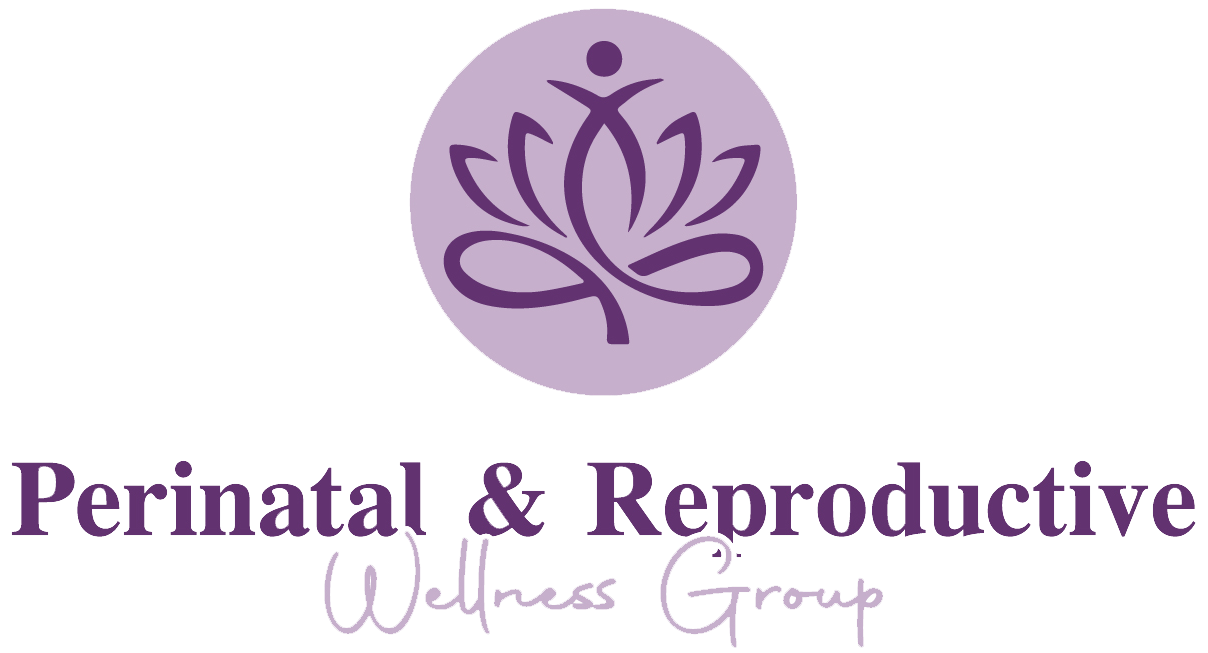Making space for moms
Mother’s Day - Making Space for Moms
In the run-up to Mother’s Day, the media we consume is saturated with messages about what a perfect celebration looks like: lavish bouquets, mouth-watering brunches, and luxurious spa treatments featuring a cucumber-eyed woman lounging in a plush robe.
With everyone telling us how to spend Mother’s Day, it’s no surprise that we might forget to make room for our own ideas about what is most meaningful to us.
So often I hear from the women around me, “Oh yes, I got the flowers, had the brunch, did the spa…and I feel miserable.”
I’ll also hear women tell me, “We made all these plans, but my favorite part of the day was when my child gave me a hug and said, ‘I love you.’”
After several years of hearing anecdotes of moms feeling disappointed about their Mother’s Day – or not even knowing what they want, I realized that we need to start with some inner reflection: posing the question, “What does it mean to me?” and communicating it to your partner, your children, and anyone else celebrating with you (especially if you’re sharing the day with other mothers).
Often what is most meaningful to us does not match what society projects on us – or what was modeled to our partners growing up. That misalignment causes moms to feel shame and embarrassment about not having the “perfect” day.
There’s so much pressure to capture a quick picture proving everything is great to show on social media, to put on a happy face for the kids that we often talk ourselves out of our authentic feelings in order to protect someone else’s – or avoid conflict. We might talk ourselves out of feeling let down or unheard – or mask those sentiments – because we fear they will trigger our partner.
Rather than try to make yourself fit into the perfect picture, know that it’s okay to have feelings and to talk about them – and it is okay to reflect on what is most meaningful on this day to you and ask for that.
Some years are better than others.
It’s also okay to not be okay on Mother’s Day. Some instances in which Mother’s Day is especially hard:
When you’ve lost your mother or a maternal figure (a close relative, mentor or even a public figure), even if the loss is not recent
When you’ve had a problematic relationship with your mother or child(ren)
When you’re experiencing fertility struggles
When you’re grieving a pregnancy, infant or child loss
When you’re feeling let down by your partner and/or society
When you’re thinking about mothers around the world, experiencing violence, displacement and inequality.
Note: May 4th is World Maternal Mental Health Day. Use the hashtag #maternalMHmatters on social media to show your support for maternal mental health around the globe.
Our experience of Mother’s Day should be as unique as our journey as mothers. But if I had one overarching piece of advice for all mothers, it would be to give yourself permission to feel – and to express those feelings: talk to someone you trust, journal about them, or externalize them through the kind of movement you enjoy.
Then, once you know what you need, ask for it – even if it goes against the traditional images. You may want to spend time alone or take a walk with your family, rather than attend a hectic brunch. Whatever it is, it’s okay.
And if you find that certain social media accounts are triggering you this time of year, go ahead and unfollow them – or consider taking a social media break if that’s within your possibilities.
It’s a tall order to choose one single day a year to honor everything mothers do. If we’re being honest, there’s nothing that can capture – in twenty-four hours – the all-encompassing job that is motherhood.
But we can use Mother’s Day as a chance to practice making space for ourselves and communicating our needs to the people around us. That’s the kind of gift that will continue to bloom, long after the flowers.
